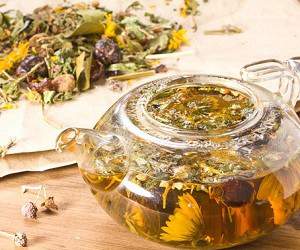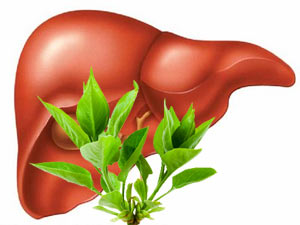 The fruit of the pear tree is one of the most useful treats, experts say.
The fruit of the pear tree is one of the most useful treats, experts say.
Calorie pears
Pears have a low energy value, accounting for just 42 kcal per 100 grams of product.
The composition of pear
Pear is rich in sugars, organic acids, enzymes, fiber, tannins, nitrogen and pectin, vitamins C, B1, P, PP, carotene (provitamin a), as well as flavonoids and volatile (chlorinator).
Useful properties of pears
The main value of pears – the content of nutritional fiber (2.3 g/100 g). Vitamin C content in it is low. The content of folic acid pear surpasses even black currants.
Pears usually seem sweeter than apples, although they are less sugars. Many varieties of pears are rich in microelements, including iodine.
In pears a lot of folic acid which is important for children, pregnant women and those who are concerned about the problem of hematopoiesis.
Pear is very good for the heart in General, and cardiac arrhythmias in particular. This is due to the fact that pear contains a lot of potassium, which means that it is expressed alkaline properties that have beneficial effects on the heart. By the way, the better and stronger the smell of pear, the greater its use, especially for the heart. Unlike apples, pears are also useful for lungs.
An invaluable benefit of this fruit for the digestive system. Ripe juicy and sweet pears contribute to the digestion of food, possess reinforcing properties and is therefore useful in disorders of the intestine. The flesh of the pear is better tolerated by the body than the flesh of apples.
In liver disease, cholecystitis, gastritis two pears eaten in the morning will relieve pain and heartburn, eliminate discomfort in the gut, say nutritionists.
In addition, according to them, pears have a crisp, refreshing and cheering effect, improves mood. Pear juice and decoctions of the fruit have antibacterial activity due to the content of the antibiotic arbutin. They are also used as a tool for strengthening the walls of blood vessels.
And also pear juice is a great tonic, tonic and vitamin remedy, it is extremely useful in the treatment of some gastric diseases.
Due to the low content of calories pears are recommended in the various diets.
For cosmetic purposes, use of Mature pear fruits (the pulp), preferably wild stale pears – they contain more vitamins, organic and biologically active substances.
Contraindications
Very sour and astringent varieties of pears strengthen the stomach and liver, stimulate the appetite, but they are harder to assimilate. Therefore, this kind of pear is contraindicated in elderly people and those who suffer from severe disorders of the nervous system.
A nice crunch when raskusyvanii pears due to the presence in the pulp of stony cells, skins which consist of lignified cellulose. This is the tissue irritates the mucous membranes of the small intestine, so if you have active gastrointestinal illness from consumption of pears is better to abstain.
The use of pears in folk medicine
Pears have long been used in folk medicine. They are characterized mainly fixing, diuretic, disinfectant, antipyretic and antitussive effect.
These effects have not only fresh, but also dried fruits as well as juice, teas (fresh and dried fruits), jelly. But medicinal properties have only ripened, fragrant, juicy, tender texture of fruit.
Ancient physicians appreciated the fruits of the pear as a means of facilitating rapid healing of wounds, reducing the temperature. In ancient Arabic works on medicine, it was mentioned that pears can help to treat lung disease.








